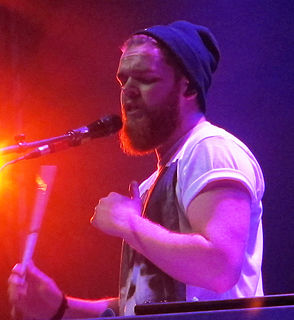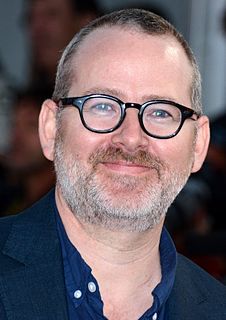A Quote by Louis Theroux
The documentary genre, shows like 'Making a Murderer' and 'The Jinx' on HBO, there's been a whole raft of long-form docs.
Related Quotes
I'm very, very proud to have been at what I feel are two of the pivotal moments in this whole new Golden Era of television - one being 'The Sopranos' with HBO and now with Netflix expanding that whole HBO concept to the world and making it more of a global thing. It's been wonderful to witness that from those two vantage points.
I had a lot of issues with the genre, and I probably even had issues with the whole idea of genre. I was coming into it with a certain degree of outsider attitude, and I didn't have a long-term plan. But I think the way it's worked out, it's sort of warped into what I suppose you could say is my own genre. If people like my books, they have some idea of what the next one will be like.
It was on Long John's show that I heard Orfeo Angelucci being interviewed. In other words, the whole thing about the green globes on the top of a car bumper and the voice coming out, you know, and then this beautiful lady.... So he went through the whole number, what you read in his book, that kind of stuff. A whole raft of things.


































